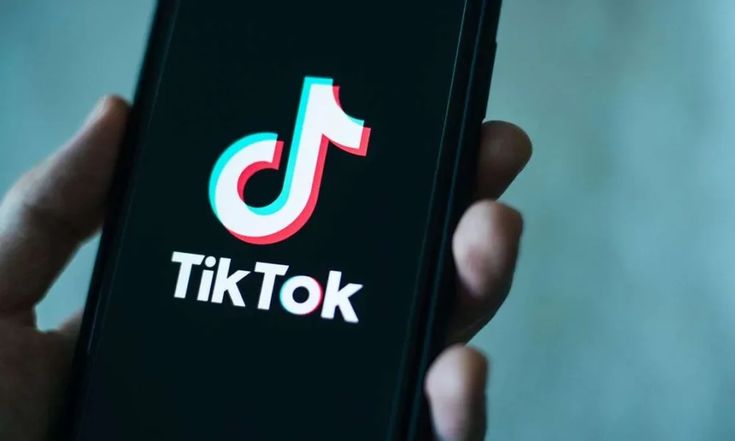The phrase how TikTok changed music forever might sound dramatic—but it’s also completely true.
TikTok and music | how TikTok changed music | music discovery apps | TikTok viral songs | TikTok and the music industry | social media and music | music innovation | short-form video | creative tech trends | digital music strategy
In just a few years, TikTok has gone from a lip-syncing app to the world’s most powerful music discovery engine. Artists are launched into stardom overnight. Old songs return to the charts. And entire genres are being shaped by the speed and creativity of short-form video.
At Fuzzy Port, where ideas, innovation, and imagination meet, we explore moments like these—when culture and technology collide to rewrite the rules.
The Discovery Shift
Before TikTok, music discovery often depended on playlists, radio, or labels pushing singles. But TikTok made the process radically different—and wildly democratic.
Now, a 15-second sound clip can catapult a track from obscurity to global fame.
Just ask Lil Nas X. His hit Old Town Road went viral in 2019 thanks to TikTok memes, topping the Billboard Hot 100 for a record-breaking 19 weeks (Billboard). It’s a proven formula: short, catchy, loop-worthy.
More than discovery, TikTok became a launchpad—a new front door for the music industry.
Music Meets the Algorithm

Unlike traditional platforms, TikTok’s “For You Page” doesn’t care if you’re famous. It pushes content based on engagement, not popularity.
That means anyone can start a trend—just by dancing, remixing, or reacting to a sound. The algorithm levels the playing field, and artists no longer need massive budgets to find their audience.
Even record labels have adjusted. Today, they scout TikTok charts before signing talent. According to Rolling Stone, labels now analyze TikTok metrics as seriously as Spotify streams.
Creativity in Short Bursts
TikTok isn’t just changing which songs we hear—it’s changing how songs are made.
Artists now write tracks with a viral moment in mind. Think of sped-up intros, dramatic drops, or lyrics that double as hooks for trends. The result? Music built for emotion, drama, and instant replay.
Even production has adapted. Take Doja Cat’s Say So. It didn’t just rise on TikTok—it was engineered to work well there: catchy rhythm, upbeat energy, and a choreography-friendly chorus.
We’re entering the era of bite-sized music—tightly crafted, emotionally charged, and designed to be played on loop.
The Emotional Connection
TikTok isn’t only technical. It’s emotional. Music becomes personal when tied to moments—laughs, heartbreaks, wins.
Think of users sharing soundtracks to their memories or stories. That’s the secret: TikTok turns songs into soundtracks of emotion, which deepens the bond between fan and artist.
Unlike traditional listening, TikTok builds stories around the music. It’s not passive. It’s participatory.
Reviving the Past, Powering the Future
TikTok doesn’t just promote new artists—it revives old hits.
Fleetwood Mac’s Dreams returned to the Billboard charts in 2020 after a viral TikTok of a man skateboarding with cranberry juice (CNN). Kate Bush’s Running Up That Hill also had a massive resurgence thanks to its use in Stranger Things and TikTok edits.
It’s proof that TikTok doesn’t follow the industry’s timeline—it creates its own.
And as AI-generated music and remixes begin to trend, the platform’s influence is only expanding. Curious about how AI is transforming other industries too? You might enjoy our feature on AI and the Future of Creative Work.
Business Innovation and Strategy
TikTok also changed how music is monetized and marketed.
Artists now preview unreleased songs to test traction. Brands license viral sounds for ads. Even indie musicians can earn through streaming, merch, and fan engagement without a label’s help.
What was once a tightly controlled industry is now open-source. It’s agile. It’s fast. And it’s built on community.
This aligns with what we value at Fuzzy Port—digital strategy, creative independence, and tech-driven disruption.
Final Thoughts: A Platform That Remixed the Rules
TikTok changed music forever—not just by launching hits, but by redefining how we connect with sound.
It gave power to users, visibility to the overlooked, and a canvas to the curious. And as new artists, fans, and creators remix the rules daily, one thing is clear:
We’re not just listening to music anymore. We’re living inside it.







